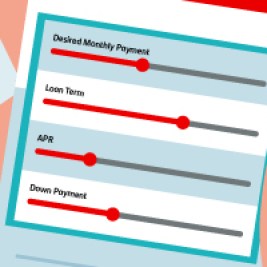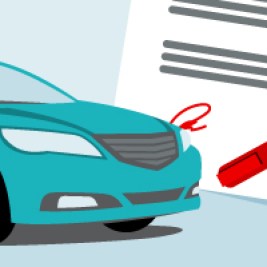Middle-income Americans accelerate their car-buying plans, survey finds
Santander second-quarter study gauges middle-income consumers’ financial state 55% are considering buying a vehicle in the year ahead 52% put off a car purchase in the past year Nearly one in five expedited a key purchase amid future price uncertainty…





